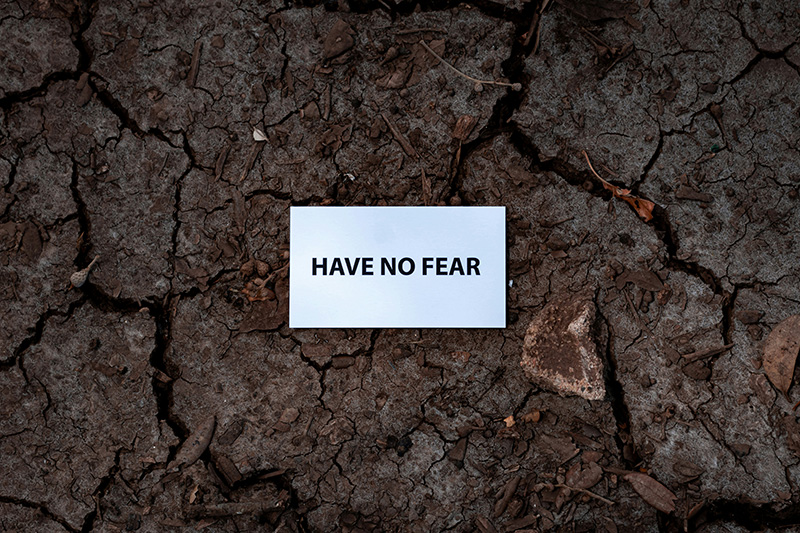- I have to wait for inspiration to write. Only writing that comes out of a rush of inspiration is true or good.
Inspiration is great but you can't wait for it. Your best chance of being there when it happens is to set up a regular, daily writing practice.
- I can't write until I figure out what I want to say.
Your head is a very bad place to try to think. The page is better. Writing is thinking, is figuring out.
- If I were a “real” writer, my first drafts would all be wonderful.
Writers get good because they allow themselves awful first drafts.
- Every word I write in a rush of inspiration is sacred and I cannot change it.
Often the words you are most attached to are those that have to go. There's writing for yourself and writing to communicate. Any writing you do for publication has to communicate to others, and serve the larger mission of the piece.
- Any criticism of my writing means that I'm a bad writer.
Criticism is part of the game. Good writers learn how to use criticism, how to filter it, and how not to be set off course by it.
- I need to know how much “talent” I have before I can decide to devote myself to writing.
Talent can be developed. The writers who “make it” are not necessarily the most talented. They are the ones who develop their talent and keep their butts in the chair.
- Someone else (like a teacher or reader or critic) needs to annoint me as talented to give me full permission to write.
In the end, you need to annoint yourself.
- If I'm never going to be as good a writer as ________________ (fill in the blank), why bother?
Everyone since Shakespeare could have used this argument. You either want (or need) to write or you don't. You have to think in terms of personal best.
- If I write what I really feel or think, other people will think I'm stupid, crazy, dangerous, abnormal, etc.
Yes, and they might think that anyway, so you may as well write. The best writing reveals vulnerability. Also, the path to the universal is through the particular.
- It's possible to edit and write at the same time.
You need to learn how to shut up that internal critic while you're writing.
- Why should I have to read so much just to learn how to write?
We learn to write by reading. The more we read and the more diverse our reading, the greater our facility as writers.
- One minute I read what I've written and feel like a superb writer, the best, the most gifted, destined for greatness, and the next minute like it's all garbage. I can't get any perspective.
Join the club. When you do something alone in a room, it's very hard to get perspective. And you can't rely on the fickle tastes of the public either. Chances are you're not the best or the worst; you just need to keep working.
Deborah A. Lott is the author of In Session: the Bond Between Women and Their Therapists and the memoir Don't Go Crazy Without Me. As a developmental editor, she's worked with many writers, academic institutions, nonprofits, and corporate clients. View Deborah's profile.
Latest posts by Deborah A. Lott, MFA (see all)
- Is a Writers’ Group for Me? - August 5, 2024
- How to Show and Tell in Your Writing - January 24, 2023
- 5 Tips for Writing a Memoir About Trauma - August 5, 2020



